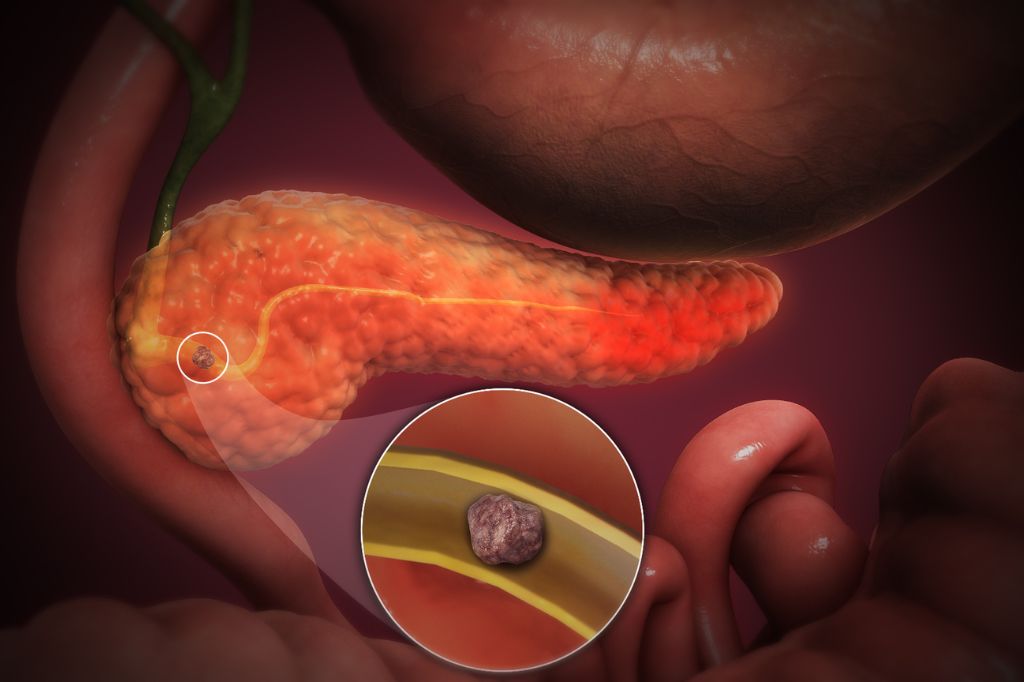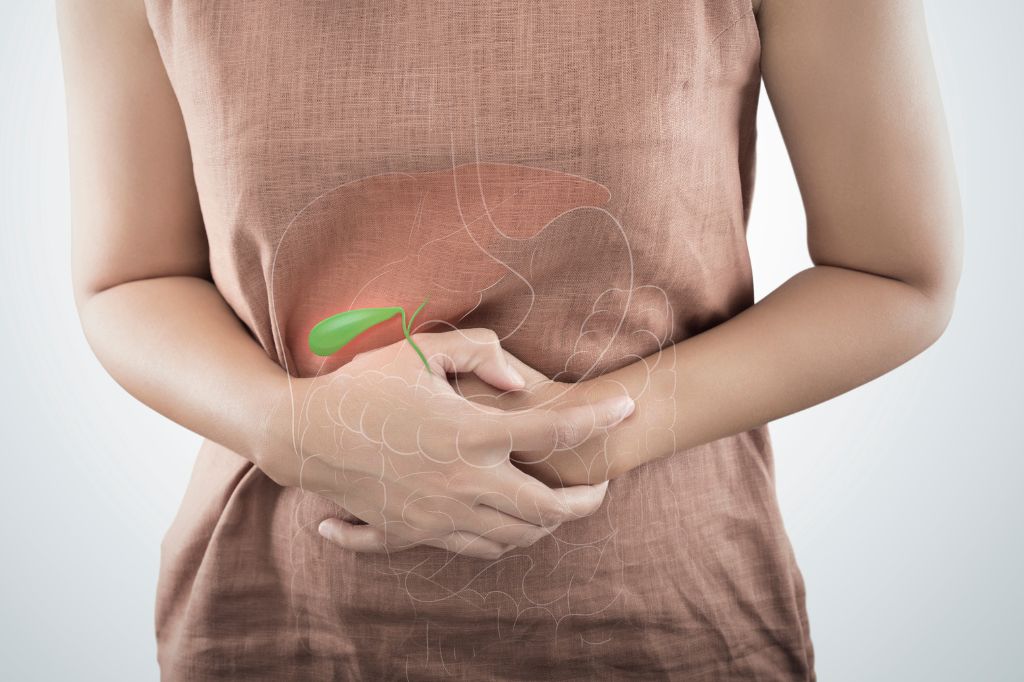Appendicitis Warning Signs You Shouldn’t Ignore
If you have sudden abdominal pain that quickly worsens, it could be a sign of appendicitis. Appendicitis occurs when the appendix, which is a small organ near the lower right side of your abdomen, becomes inflamed and swollen due to an infection. If left untreated, an appendix can burst and lead to infection or even death. To avoid these serious complications, it’s important to understand the warning signs of appendicitis. Here are some red flags that should never be ignored:
1. Abdominal Pain
The most common warning sign of appendicitis is a sharp pain in your lower right abdomen. But, in some people, the pain typically starts near the belly button and gradually moves to the lower right side of the abdomen. The pain may intensify when you touch or press on the area, and it can increase if you move around or take deep breaths. In some cases, the pain is accompanied by nausea and vomiting.
2. Nausea and vomiting
As I explained earlier, most patients experience nausea and vomiting in addition to abdominal pain. This can be a sign of an infection, so if you have any of these symptoms along with abdominal pain, it’s important to seek medical attention right away.
3. Loss of Appetite
People with appendicitis usually experience a sudden loss of appetite and will not want to eat anything. This is because the abdomen may feel tender and uncomfortable, making it difficult to eat.
4. Low-grade fever
A low-grade fever may also be present in an individual with appendicitis. A temperature of up to 101°F (38.3°C) is usually considered a low-grade fever. You may feel warm, cold, or shivery.
5. Constipation or Diarrhea
Another classic warning sign for appendicitis is a change in bowel movements, such as constipation or diarrhea. Depending on how the inflammation has progressed, you may notice that you’re going more frequently than usual or having trouble passing stools. You may also experience abdominal bloating and gas.
6. Inability to Pass Gas
If you’re having difficulty passing gas or your stools are hard and dry, this could be a symptom of appendicitis. That’s because the appendix can become blocked with stool, causing it to swell and become inflamed.
7. Abdominal Swelling
Along with abdominal pain, you may notice that your abdomen is swollen and tender to the touch. The swelling will usually be concentrated on the lower right side of your abdomen and may be accompanied by redness or warmth in the area.
Appendicitis is a medical emergency.
If you’re experiencing any of the above warning signs, it’s important to seek medical attention right away. Prompt diagnosis and treatment can help prevent the appendix from rupturing and avoid serious health complications. Your doctor may recommend imaging tests such as an ultrasound or CT scan to check for appendicitis. If it is present, they may suggest surgery to remove the inflamed appendix. So don’t ignore these warning signs—seek medical attention right away.
Article Sources
- Appendicitis | MedlinePlus. Retrieved February 7, 2023, from https://medlineplus.gov/appendicitis.html






